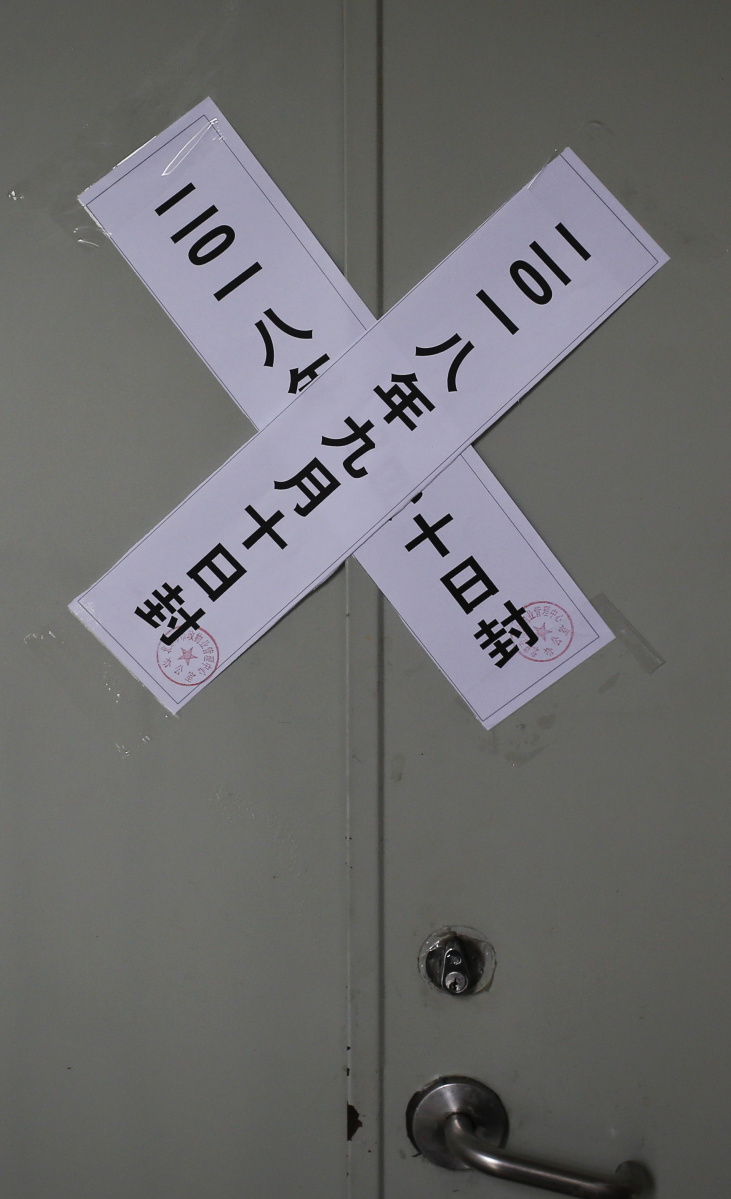BEIJING — The services at the Zion Church will be different from usual this Sunday. A lot different.
Instead of having 1,300 or so congregants pack into their usual space in northern Beijing, the members of the church will walk the streets in small groups, listening to a downloaded sermon on their cellphones.
Pastor Jin Mingri was forced to disseminate his sermon this way after the Chinese authorities shut down his church this past week, declaring it illegal.
“This is part of a comprehensive war against religion,” Jin said in an interview. “The Communist Party has begun to see religion as a competitor. It’s not just (Protestant) Christianity, but also Catholicism, Buddhism and Islam. They want all of us to pledge our loyalty to the party.”
All five religions officially tolerated by Chinese leaders – Buddhism, Catholicism, Daoism, Islam and Protestantism – are now experiencing draconian treatment from the government of President Xi Jinping, who has stoked nationalism and promoted loyalty to the Communist Party in ways not seen in decades.
This drive has coincided with efforts to “Sinicize” ethnic minorities and stamp out “Western” thinking.
Some crackdowns have been going on for years.
In the western region of Xinjiang, home to a Uighur Muslim population of 13 million people, the Chinese government has imposed increasing pressures against what it calls the “ideological virus” of Islam.
Muslims are subjected to heightened religious restrictions and mass surveillance, Human Rights Watch said in a 117-page report released last week. The million or so Muslims held in mass detention centers suffer forced political indoctrination and mistreatment including torture, the report said.
Elsewhere, Buddhist and Daoist authorities have been banned from building large religious statues or making any new commercial investments.
The Shaolin Temple, the Zen Buddhist monastery famous for its kung fu monks, last month raised the Chinese flag for the first time in its 1,500-year history as part of this patriotism drive.
Christianity has come under new scrutiny since Xi’s government introduced new religious regulations entitled “Principles for Promoting the Chinese Christianity in China for the Next Five Years” in March.
This has brought new tensions to a decades-old standoff between the Vatican and the Communist Party, which allows only state-authorized Catholic churchs and appoints its own bishops.
The Vatican and Beijing have been in discussions over a possible pact that would include Chinese acknowledgment of the pope as head of the Catholics in China. The Vatican, in turn, could bring some Chinese-appointed bishops into the fold.
At the same time, however, some Catholic churches have been bulldozed.
Protestant churches find themselves increasingly in the authorities’ sights. Numerous “house churches,” which operate independently of the state-controlled churches, from Guangdong in the south to Heilongjiang in the north, have been shut down.
Send questions/comments to the editors.



Success. Please wait for the page to reload. If the page does not reload within 5 seconds, please refresh the page.
Enter your email and password to access comments.
Hi, to comment on stories you must . This profile is in addition to your subscription and website login.
Already have a commenting profile? .
Invalid username/password.
Please check your email to confirm and complete your registration.
Only subscribers are eligible to post comments. Please subscribe or login first for digital access. Here’s why.
Use the form below to reset your password. When you've submitted your account email, we will send an email with a reset code.